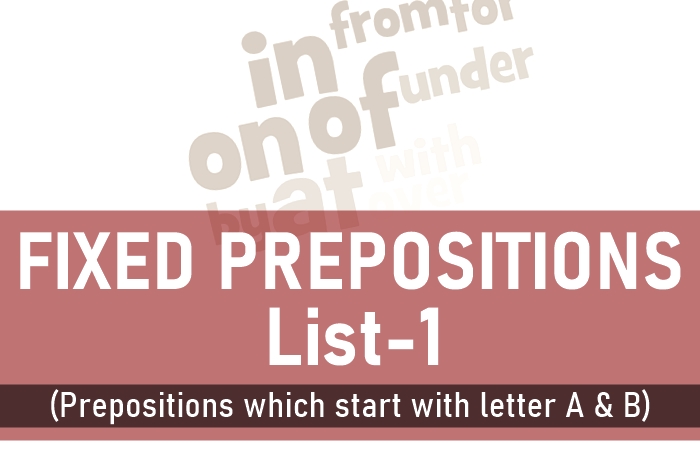5 Effective usages of English language
Category: English || Published on : 2020-08-14 11:23:16 || Author : TILS EDUCATION 1 1523

There are many usages and words in English that help to make your English more effective. But some usages are so beautiful that they just not make English effective but give a precise and apt meaning to your words and convey your message gracefully. Here in this article, we will learn about some effective usages of English.
These usages are Would rather, or rather, had better, lest, until/unless.
Use of ‘WOULD RATHER’
In this use, Would Rather is used to show the preference between two things. Here it seems to have a comparison but it is more about giving preference rather than comparing two things.
Would Rather is used to show the expression of ‘instead’ in the sentence. Let’s understand these with some example: -
1. I would rather live in my hometown.
2. I would rather eat something healthy.
3. I would rather get up early. I don’t like rushing at the last minute.
Use of ‘OR RATHER’
In this use, Or Rather is used to correct the things what we have just said or sometimes to make our said things more precise, we often use this ‘Or Rather’.
Let’s understand this with the below examples: -
1. She ordered and I obeyed, or rather I pretended to obey.
2. His daughter is a teacher, or rather a professor.
3. They couldn’t give us notes, or rather they didn’t want to.
4. Bring five chocolates for me, or rather six.
Use of ‘HAD BETTER’
The Hindi meaning of had better is similar to ‘should’. But Had Better is stronger than should. Had better is used to give a piece of advice to someone or something. It has a sense of indirect threat.
It can be used to giving hope or warning to someone or something. It can be used in negative sentences too. It is often used to make recommendations.
Let’s understand it with some examples: -
1. You had better study for your final exams. (Here it is a kind of warning that you better study else you will get failed.)
2. She had better come now. (A kind of desperate hope to someone.)
3. You had better unplug the switch of electrical appliance before you clean it. (It is a kind of recommendation.)
Use of ‘LEST’
Lest can be considered one of the most effective uses of English. It sounds in its Hindi meaning as ‘should’ does but not has the same kind of use as ‘should’ has. Lest is used in order to show warning or suggestion and sometimes to show the expression of consequences of something which has not been paid attention.
We can say that Lest is used in order to prevent something from happening which is not good or to avoid something. It can be used at the beginning and mid of the sentence.
Let’s understand this use with some examples: -
1. Lest it shouldn’t happen that you will fall again. (in the beginning)
2. He is hiding himself at home lest people should recognize him. (in the mid)
3. Lest it mustn’t happen that he will hit the car. (in the beginning)
Use of ‘UNTIL/UNLESS’
Until and Unless are the words which he used often together but both have different meanings. Both are the conjunctions used to connect the sentences. Both until and unless are considered already negative connectors so we don’t need to use Don’t or any negative word in the sentence.
Until is a conjunction used in the context of time. It is used before and up to something of the time. Let’s see some examples of Until: -
1. He lived with his parents until he was 20.
2. He didn’t switch on the T.V until I came back.
Unless is a conjunction used in the context of a situation or a circumstance. It is used for specified condition. It is followed by present tense, past tense and past perfect tense. Let’s see some examples of Unless: -
1. He would be here by now unless he was stuck in traffic.
2. Mother will not trust you unless you prove yourself.




